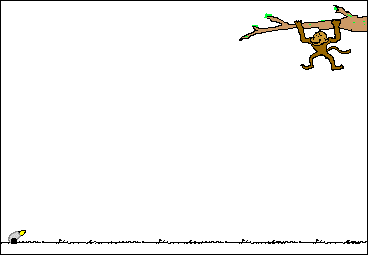The Longer An Object Is To Be Kept In The Air,
The Faster The Object Has To Be Projected.

| Time (s) | Gravity (m/s2) | Initial Velocity (m/s) | Angle To The Horizon (degrees) |
| 1.76 | -9.8 | 14 | 38.00 |
| 1.88 | -9.8 | 15 | 38.00 |
| 2.01 | -9.8 | 16 | 38.00 |
| 2.14 | -9.8 | 17 | 38.00 |
| 2.26 | -9.8 | 18 | 38.00 |
| 2.39 | -9.8 | 19 | 38.00 |
| 2.51 | -9.8 | 20 | 38.00 |
| 2.64 | -9.8 | 21 | 38.00 |
| 2.76 | -9.8 | 22 | 38.00 |
| 2.89 | -9.8 | 23 | 38.00 |
| 3.02 | -9.8 | 24 | 38.00 |
| 3.14 | -9.8 | 25 | 38.00 |
| 3.27 | -9.8 | 26 | 38.00 |
| 3.39 | -9.8 | 27 | 38.00 |
| 3.52 | -9.8 | 28 | 38.00 |
Swing Speed Radar For Initial Velocity

https://www.batspeed.com/products06.html
The Element Of Surprise Is Best At Lower Angles Because The Time In Transit Is Lower For Any Given Starting Velocity, But Overall Distance Is Less Than That At The 45-Degree Launch Angle (Maximum Range).
 | |
 |  |



0 Comments:
Post a Comment
Subscribe to Post Comments [Atom]
<< Home